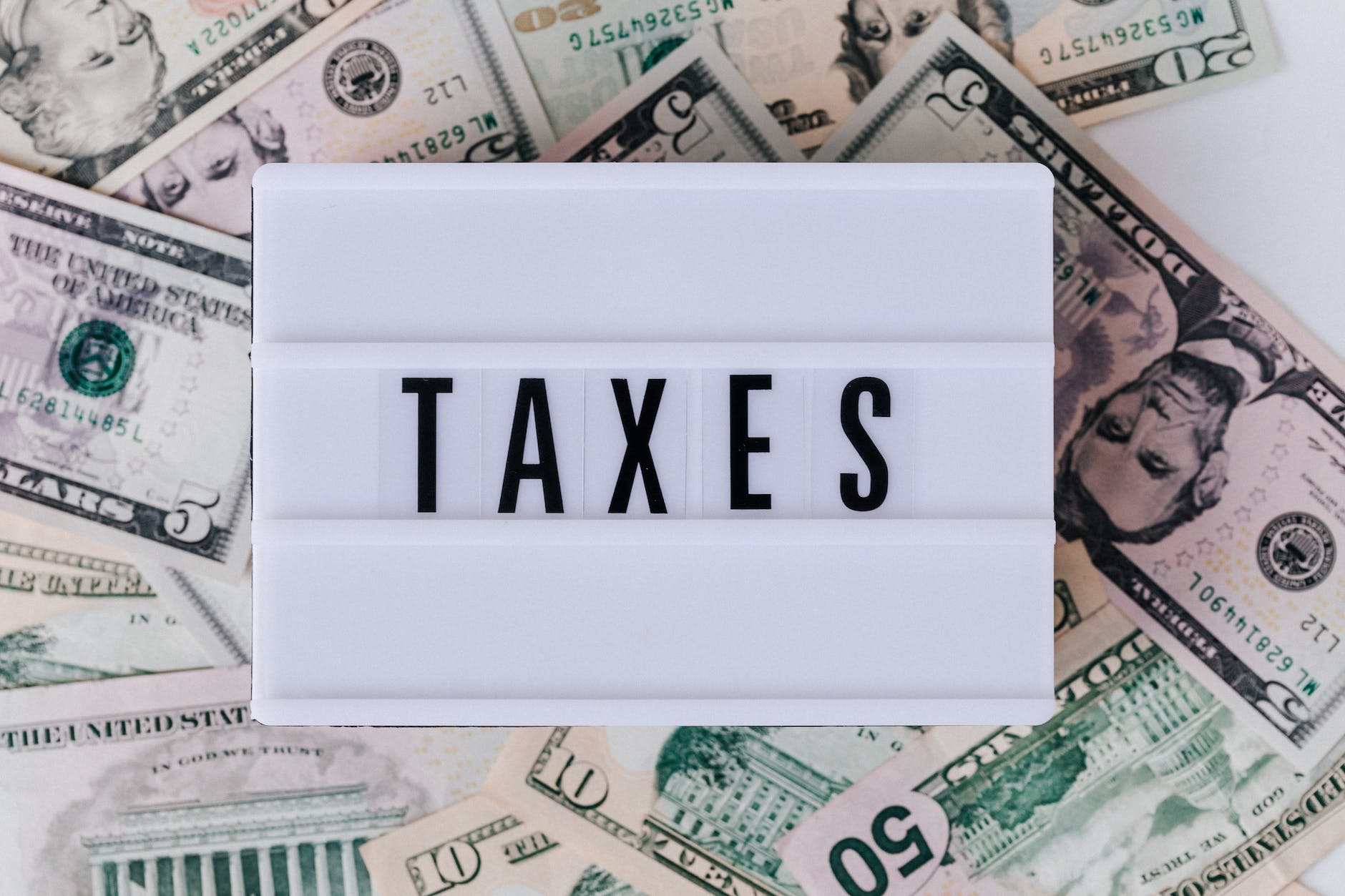Tax season is often met with a mix of anticipation and apprehension by entrepreneurs and small business owners. It’s a time when the previous year’s financial decisions are scrutinized, and the effectiveness of one’s tax strategy is truly tested. However, with the right approach, tax season can become an opportunity to maximize returns, improve financial health, and lay a strong foundation for the year ahead. Here’s a strategic guide to help you navigate and master the tax season.
1. Embrace Organization
The cornerstone of a stress-free tax season is organization. Keeping meticulous records of all transactions, receipts, invoices, and financial statements throughout the year is not just a good practice; it’s essential. Implementing a digital tool or cloud-based accounting software can streamline this process, ensuring that you’re not scrambling to find documents at the last minute. Remember, a well-organized financial record can be the difference between maximizing your deductions and missing out on potential savings.
2. Understand and Maximize Deductions
One of the most powerful strategies for reducing your taxable income is to take full advantage of deductions. Common deductible business expenses include office supplies, travel expenses, marketing costs, and even the use of a home office. However, tax laws are complex and subject to change, so it’s crucial to stay informed about what deductions are available to your business. This is where the nuances of tax law come into play, and understanding these can significantly impact your bottom line.
3. Consult with a Professional
While it’s possible to navigate tax season on your own, consulting with a Certified Public Accountant (CPA) or a tax advisor can provide significant benefits. Tax professionals are adept at navigating the complexities of tax laws and can offer tailored advice based on your unique business situation. They can identify opportunities for savings you might have overlooked and help you develop a strategic approach to minimize your tax liability while ensuring compliance. Investing in professional tax advice is not an expense but a strategic move that can save you money and prevent costly mistakes.
4. Plan for the Future
Tax season is not just about settling accounts with the tax authorities; it’s also an opportune time to assess the financial health of your business and plan for the future. Use this time to review your financial goals, adjust your tax planning strategies, and make informed decisions about investments, savings, and growth opportunities. Effective tax planning is a year-round activity that can help you manage cash flow, anticipate tax liabilities, and align your business practices with your long-term financial objectives.
Conclusion
Tax season doesn’t have to be a source of stress. With organization, an understanding of deductions, professional advice, and strategic planning, it can become an integral part of your business’s success story. By adopting a proactive approach to taxes, you can not only navigate tax season with confidence but also use it as a springboard for future growth and prosperity.
Remember, the goal is to turn the inevitable task of dealing with taxes into an advantage for your business. By mastering the art of tax preparation, you’re not just surviving; you’re thriving, setting the stage for a brighter and more financially secure future.
Here’s to a successful tax season and an even more successful year ahead!
